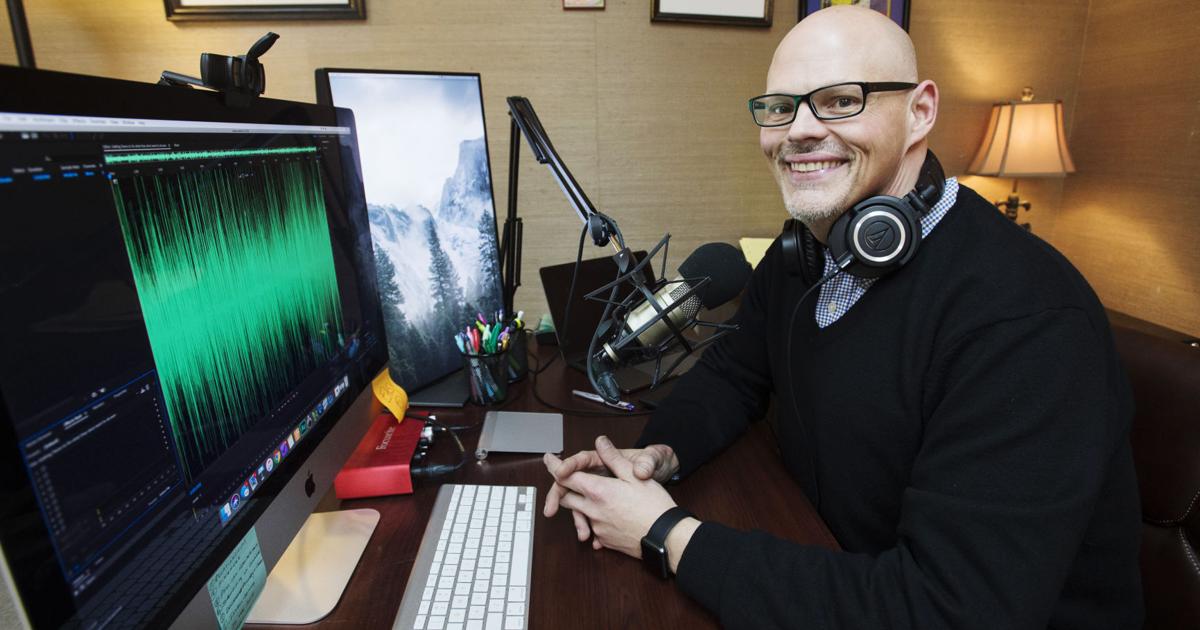As a young therapist, my mentor, Dan Jurek — a licensed professional counselor and licensed marriage and family therapist — was always reminding me: “Serve no intervention before it’s time.”
“At its core”, Jurek said, “the principle emphasizes both discernment and timing.”
Too often in both therapy and in life, we think we fully understand a person, problem or a situation, when we don’t.
As a young therapist, I wanted to be helpful, and I wanted to help people quickly.
One of the many times I’ve learned this lesson was when I was an intern working with a teen and his parents. The teen was very fond of gaming and could spend hours on end gaming. After the first session, I recommended limiting gaming to weekends only.
You may think that’s a great, reasonable “intervention” or recommendation. But it was a disaster.
What I hadn’t taken the time to learn was that “gaming” was more about connecting with his friends than it was playing the game. Within a week of the parents implementing my suggestion, the teen was isolated and depressed.
I’d failed to fully understand the problem. I hadn’t gotten to know the teen, his parents or their family dynamics. I rushed to offer a solution, which was making me feel better, but it wasn’t helpful to this family.
This happens in all our lives in various ways.
I’ve seen countless times friends who meet someone and are infatuated and make relational commitments without really getting to know the other person. (It’s worth noting that it takes at least a year to really know someone. People change with the seasons, and usually in a year, you get to see how the other person responds to various life events).
We can have differing motivations when we “rush” into situations, giving advice or judgments. Rushing is always about what’s going on inside of us, not the other person. Sometimes we rush because we’ve been hurt. We rush to judgment because we’re aching for a new friend or relationship and aren’t sure how much longer we can wait.
Other times, too quickly judging helps us manage our anxiety about the potential unknowns in another person.
There’s a part in all of us that wants to box people in — not for them, but because it helps us manage our anxiety about who that person might be, may become and how they may change. This can be an especially strong impulse when we’ve been too trusting, or too naive, and have been hurt.
It can be a way of protecting ourselves.
In my case, working with the teen and his parents, I rushed because helping them quickly made my ego feel good.
The instances where I’ve prematurely judged someone, both positively and negatively, are too numerous to list. I’ve prematurely judged people without understanding them, what they’ve been through or are going through.
A good friend says, “It’s very hard for me to judge someone or even not like them, when I’ve heard their story and understand what they’ve been through.”
Some questions we can ask ourselves when considering new situations, opportunities and relationships are:
- How well do I really know this person?
- Do I have all or enough information needed to make this decision?
- Is this the best time to do this or recommend this?
- What would it cost me to discern, wait a bit longer?
- How much time do I have to make this decision?
- Is there any other viewpoint or perspective that would add to a fuller picture? If so, from whom?
- Who do I trust to help me discern this?
There’s a line from the Peace Prayer that says, “Let me seek first to understand, then be understood.” This line can be a helpful mantra or prayer, reminding us to slow down, gather more information, suspend judgment and move more conscientiously into new relationships, experiences and opportunities.
